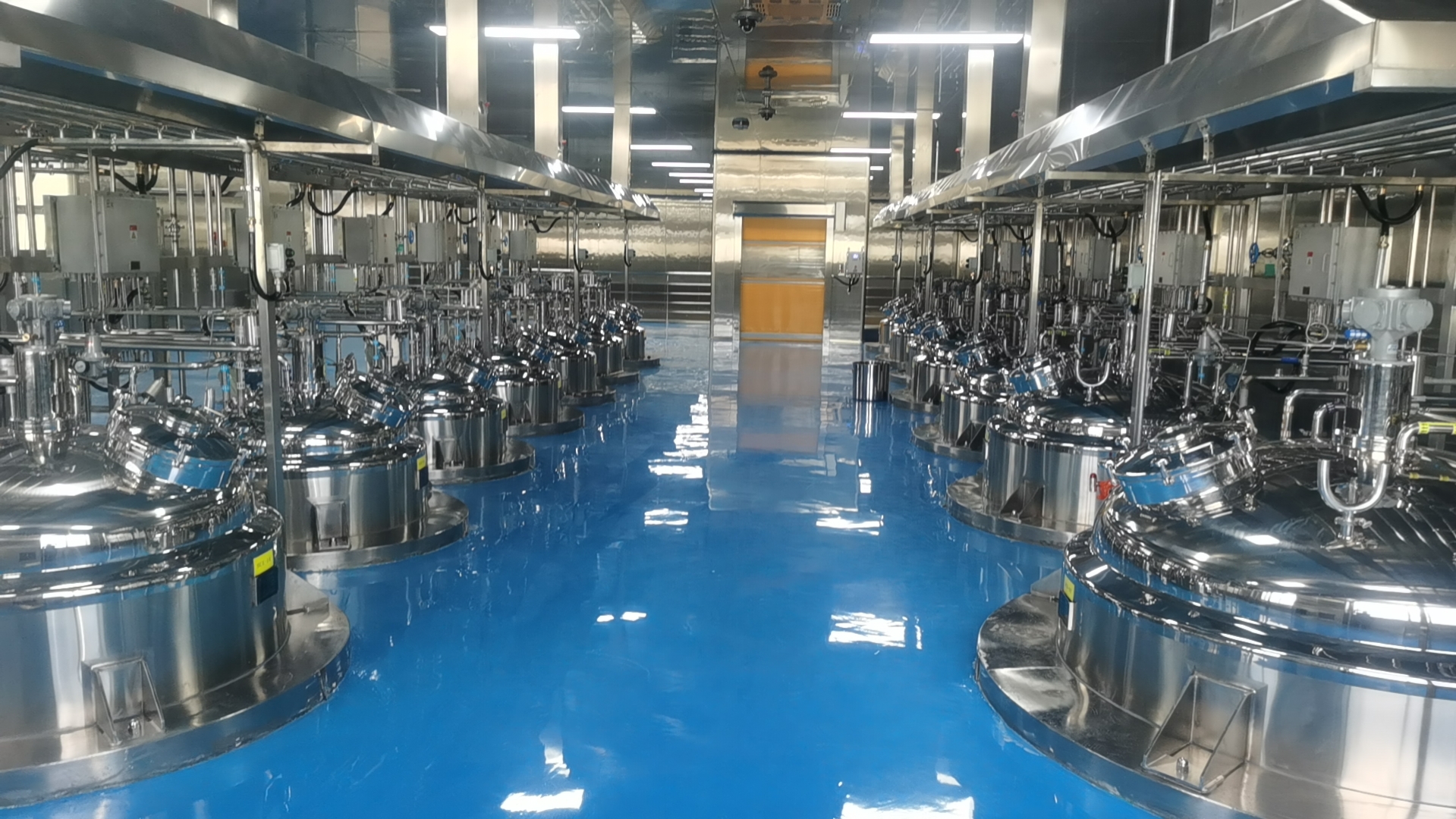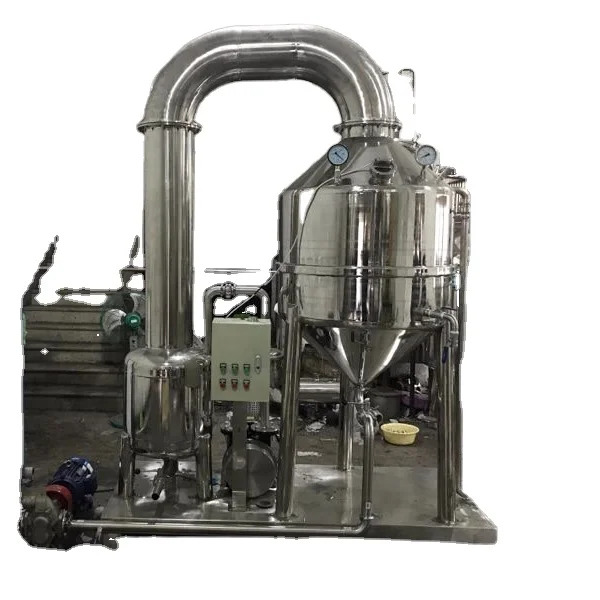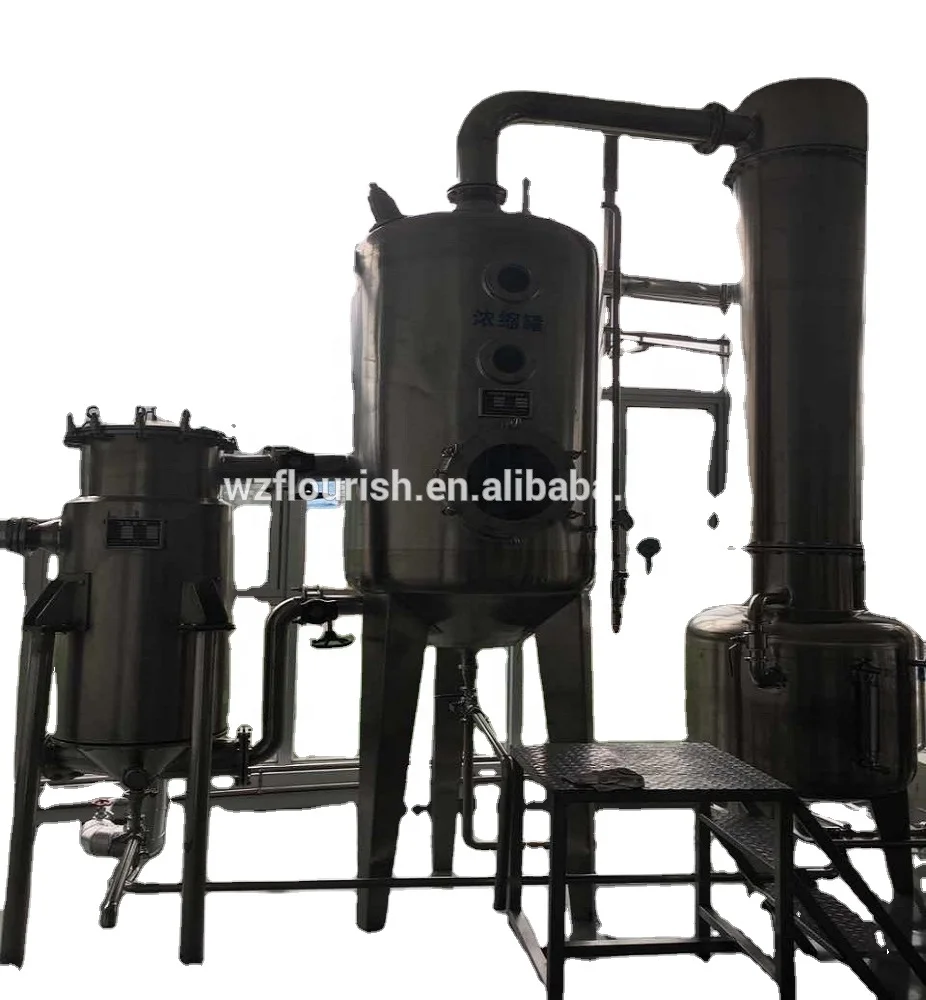
ABOUT
Wenzhou Vince Machinery Science Co., Ltd. was established in early 1980s. Our company covers an area of 6500 square meters and is an independent legal representative firm, possessing rich economic technology strength. Our company is a high tech enterprise and plays an important role in national dairy, foodstuff, pharmacy and machinery industries. We are a beverage machinery supplier.
Since the establishment, our company has mainly engaged in dairy products, foodstuff, beverage machinery, bean products, yellow wine, medicines and fermentation projects. What's more, our company supplies a complete sequence services in manufacturing, installation, test and personnel train, as well as the whole direction service design and consulting service on product project construction or enlargement artistic distribution engineering sets budget.
Optimizing Falling Film Evaporation Processes
Heat Transfer Optimization
Efficient heat transfer is crucial for optimal evaporation. The design of the evaporator, specifically the heating surface area and configuration, significantly impacts performance. Using enhanced surfaces, such as those with micro-fin structures or special coatings, can substantially increase the heat transfer rate. Furthermore, maintaining a uniform film thickness is vital to prevent dry spots and ensure efficient heat transfer across the entire surface. Careful control of the feed rate and liquid distribution at the inlet are critical to achieving this uniformity.
The temperature difference between the heating medium and the evaporating liquid also plays a pivotal role. Higher temperature differences lead to increased evaporation rates but can also negatively affect product quality, potentially leading to degradation or discoloration. Therefore, a careful balance must be struck between maximizing heat transfer and preserving product integrity.
Film Thickness Control
Controlling the liquid film thickness is paramount for efficient evaporation. A film that is too thick reduces the heat transfer rate, while a film that is too thin may lead to dry spots and fouling. Accurate control of the feed rate and the angle of inclination of the evaporator tubes are crucial in maintaining the desired film thickness. Furthermore, the physical properties of the liquid, such as viscosity and surface tension, significantly influence film behavior and must be considered in the optimization process.
Advanced techniques, such as using sophisticated flow distributors and employing computational fluid dynamics (CFD) modeling, can aid in achieving precise film thickness control, ultimately leading to enhanced evaporation efficiency.
Fouling Mitigation
Fouling, the accumulation of solids on the heating surfaces, is a significant challenge in falling film evaporation, reducing heat transfer and requiring frequent cleaning. Minimizing fouling necessitates strategies like pre-treatment of the feed liquid to remove suspended solids and employing appropriate cleaning procedures. The selection of appropriate materials for the evaporator construction, resistant to fouling and corrosion, is also critical for long-term operational efficiency.
Regular monitoring and cleaning cycles are essential for maintaining optimal performance. Innovative approaches, such as employing ultrasonic cleaning or employing anti-fouling agents, can further enhance fouling mitigation and extend the operational life of the evaporator.
SUBSCRIBE
INQUIRY





